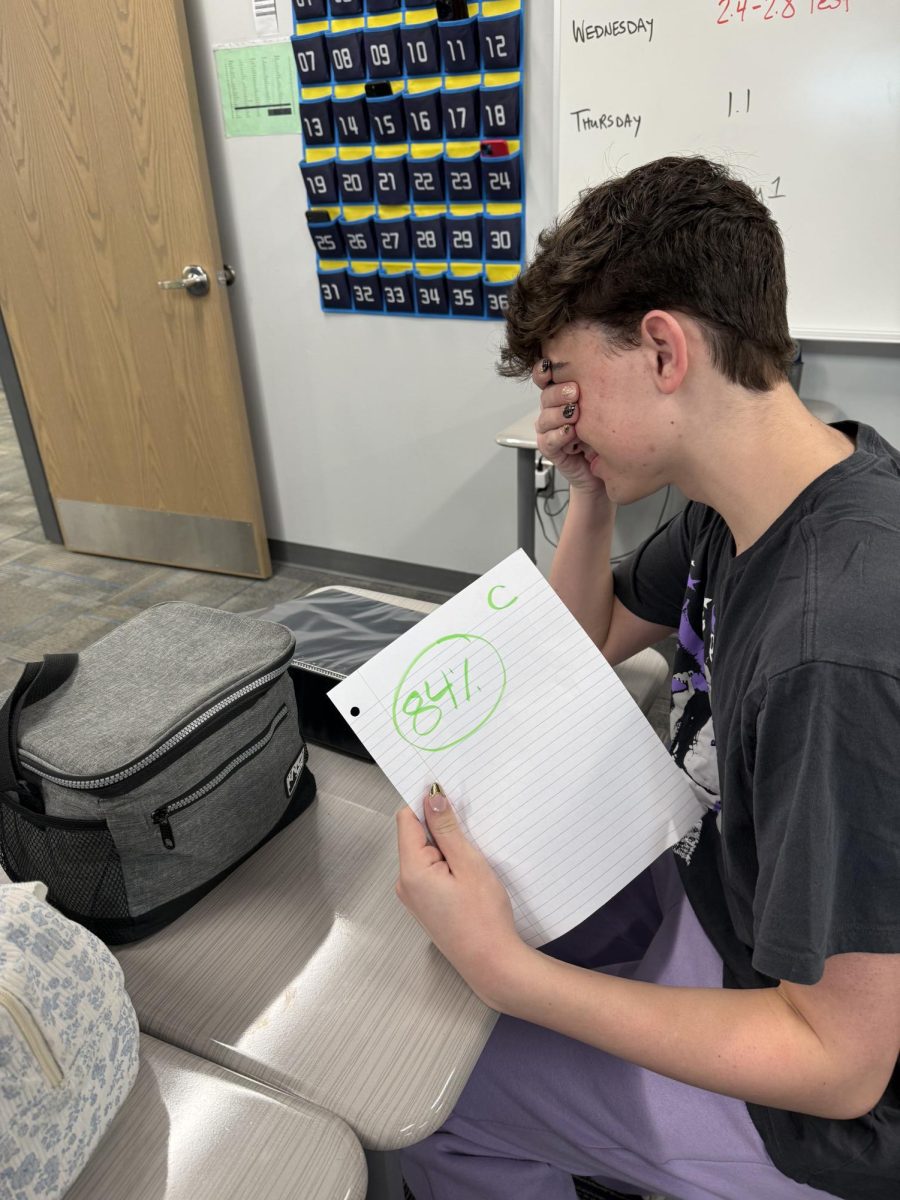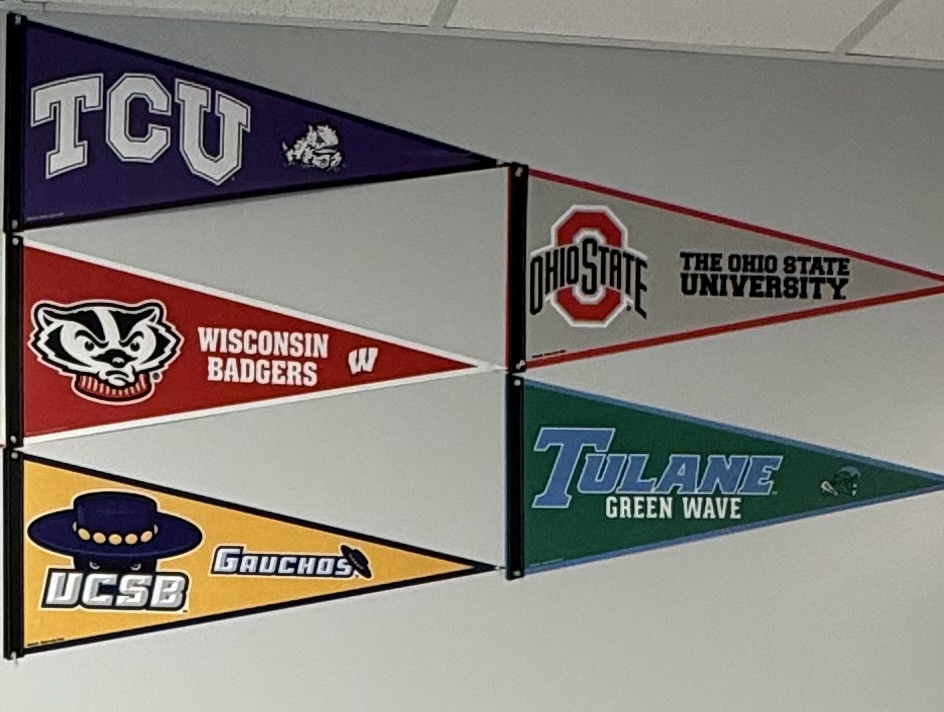Many people associate Elkhorn Public Schools with its impressive academics and curriculum, however the truth is Elkhorn students are at a major disadvantage because of the 7-point grading system Elkhorn follows.
In my three years at Elkhorn North, my grades have been average. I’ve had several grades from 90-95% which would seem good to parents and students at many other schools, but it is not enough to get all A’s (or 1s) at Elkhorn North. I currently have a 3.4 GPA; if I went to another school with the less strict 10-point grading scale, I would have a 3.7. The 7-point scale has taken things like National Honors Society and potential scholarships out of the question for me. As I start applying to colleges in the next year, they will not take into consideration which school I went to or the grading scale EPS used, they will only see me for my GPA. Elkhorn adopting a 10-point would put the students on an equal playing field with other high schools that surround us and with grading systems with college.
A traditional grading system is 10 points, with an A(1) being 90-100%, B(2) being 90-80% and so on. Elkhorn does not use this system, opting for a 7-point system instead with an A being 100-93%, B 92-85, etc. This rigorous grading system offers no wiggle room for students, and this can later have devastating impacts on GPA.
Currently in the Metro area, Elkhorn and Bennington are the only school districts who use a 7-point scale. Within the last few years, Gretna and Millard have both switched over to a 10-point scale, which gives their students better chances of success.
“By allowing a slightly wider range for an A, students are motivated to strive excellence without the fear that a small difference in percentage points could significantly impact their GPA,” Millard Public Schools Superintendent John Schwartz wrote in the Superintendent Blog.
An 8/10 on an assignment is a C (or 3) at Elkhorn North while it would be a B (or 2) anywhere with a 10-point scale. Students are constantly fighting for extra points so that they can get the same grade as someone who goes to another school.
Junior Kendal Pham maintains a 4.0 GPA, but is under constant pressure to be academically perfect.
“If we had the 10-point [scale], I wouldn’t be so worried about how I’m going to do in the class or if I’m going to lower my GPA,” Pham said.
The 7-point scale puts unnecessary stress on students, who constantly worry about the difference between a 92% and a 93%. With a 10-point scale, there could be more students taking the harder classes because they know they have more wiggle room to try.
“With a 10-point scale, you gain equality with college grading systems,” English teacher Jeff Lacey said.
The 10-point scale is significantly easier than the 7-point. Elkhorn not only has a harder grading system, but also harder curriculum than many of the surrounding schools.
Junior Brody Pruss is adjusting to Elkhorn Public Schools since switching from Fremont Public Schools this school year. Fremont is one of the school districts who runs a 10-point scale.
“There’s a lot more homework, and the curriculum is harder,” Pruss said.
Personally, I have been on “the bubble” between As and Bs a lot. This was evident during my freshman year Spanish class when my grade dropped from an 85% to an 84% on the last day, and there was nothing I could do to change that. Because of that 1% drop my GPA was significantly impacted. While an 84% is a C at Elkhorn it is a B at a school who runs a 10-point scale. If grades drop from 85% to 84% at Gretna or Millard, their students would still have a solid B.
“Is it good to have a 7-point scale, in some ways yes, but also I have seen first-hand that it stresses students out,” history teacher Nick Stuart said.
The 7-point scale adds more pressure on students than it needs to, even the smallest mistakes can have big impacts. This creates an environment where students feel like they need to constantly be perfect to achieve grades that are considered average at Elkhorn, but would be exceptional anywhere else.
“We are looking at it. We are studying it, and there’s ongoing conversations about it,” ENHS Principal Dan Radicia said.










